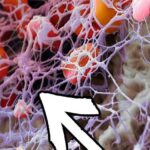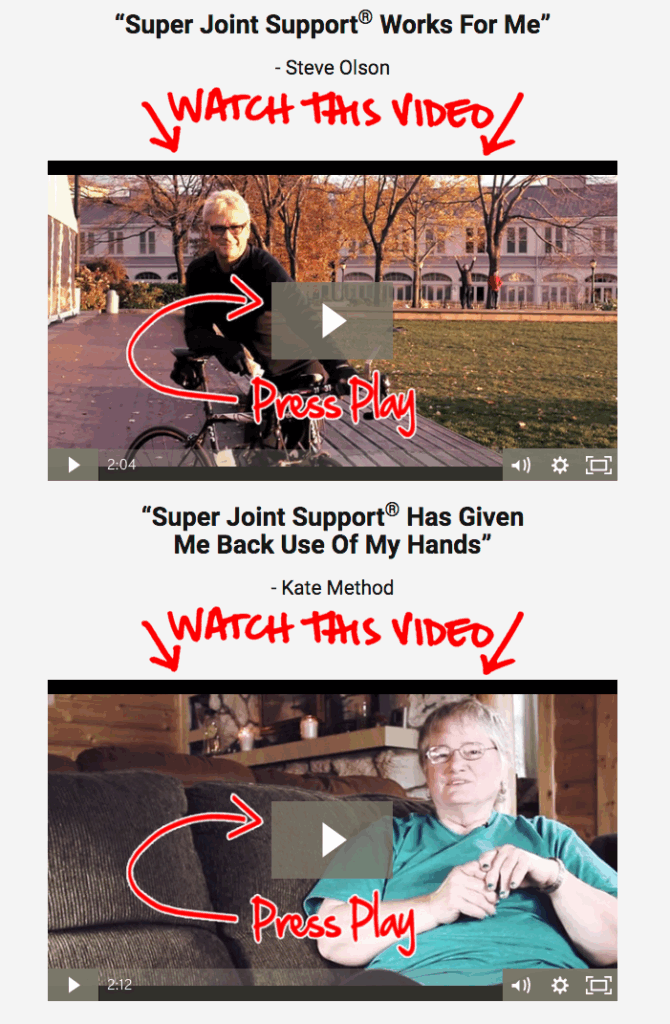Upper back pain often perplexes both doctors and sufferers. Doctors recommend a variety of treatments because they assume, as most do, that the pain is related to posture. Sufferers try anything possible to reduce the pain. These treatments fail and frustration grows. A patient decides to just live with the problem. That can be a dangerous decision. Back pains can indicate underlying problems in the respiratory system that can grow into life-threatening illnesses.
How Upper Back Pain Affects the Lungs
Upper back pain wreaks havoc on the lungs. Most people assume the upper back pain is isolated, but upper back pain spreads because of the connections with the body. With that piece of knowledge, all sufferers should seek immediate help until their back pain is solved to make sure the pain does not affect the lung.
Why Upper Back Pain Affects the Lungs.
The vertebrae in the upper back are connected to the ribs. The problem happens when the muscles and ligaments of upper back, especially near the spinal chord, become irritated and extended too far. The spine’s vertebrae support the body’s vital organs including the lungs. Upper back pain forces posture changes and eventually the vertebrae connected to the ribs place pressure on the ribs, which damages the lungs.
Additionally, the upper back consists of nerves that travel throughout the body, especially near the rib cage. These nerves can cause pain throughout the body, depending where they travel. Upper back pain consists of dull aches near the shoulder blades and sharp pains around the chest and back area.
Treat Upper Back Pain and Protect Lungs
The pressure on the lungs eventually causes lung problems beginning with a cough or shortness of breath. In rare instances, the pain can develop into lung cancer. However, the scientific link has not been definitely made yet since people who endure lung cancer and chronic coughs also report back pain.
Regardless, upper back pain can cause a lung infection. The lungs are a vulnerable part of the body; any threat poses a serious health risk. Most doctors will diagnose the pain as a respiratory illness, ignoring the connection between the upper back pain and the lungs Common symptoms include heavy breathing, fatigue, swelling from neck up to face.
Diagnosis of Upper Back Pain Related to Lungs
- – Ask for an x-ray and MRI of the chest.
- – A doctor may run an EKG to test fitness levels as part of a complete physical examination
- – If breathing causes the pain, then the problem exists in the ribs, nerves and possibly cartilage
- – If your chest aches when you touch it, then the muscles need to heal; otherwise the problem is most like nerve related since many nerves travel along the rib cage.
Treatment of upper back pain involving the lungs
- – Receive prescription medication to treat pain in both lungs and upper back
- – Exercise regularly to condition the lungs and stretch to relieve muscle tension
- – Maintain a healthy diet rich in fruit and vegetables
- – Let a masseuse massage the upper torso to alleviate pressure and pain
- – Use hot water and ice to open up breathing passageways, warm the sore spots and cool the pains
- – Visit a physical and or chiropractic therapist to condition the body’s muscles
- – Do not strain yourself with lifting






